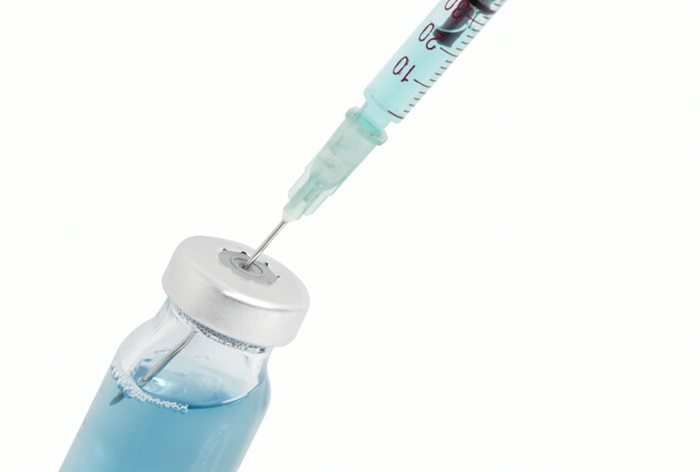In a significant stride towards public health protection, Nigeria has successfully initiated its Mpox vaccination programme. This development marks a crucial moment in the country’s efforts to combat the spread of the Mpox virus and safeguard its population.
Mpox, formerly known as Monkeypox, has been a cause for concern in recent times. The virus can cause a range of symptoms, from flu-like illness to a characteristic rash that can be painful and disfiguring. It spreads through close contact with an infected person or contaminated materials. Nigeria has witnessed sporadic outbreaks of Mpox, and with the potential for the virus to spread further, the need for a vaccination programme has become evident.
The Nigerian government, in collaboration with international health agencies and experts, has devised a comprehensive vaccination strategy. The programme likely targets high-risk groups, such as healthcare workers who are at the frontline of treating patients and may be exposed to the virus. It also includes individuals who have had close contact with confirmed Mpox cases. The vaccine being used is expected to offer protection by stimulating the body’s immune system to recognize and fight the virus. This could potentially reduce the severity of the disease if an individual does get infected and also limit the spread of the virus within the community.
The vaccination roll-out has been carefully planned and executed. Special vaccination centers have been set up across the country, equipped with trained medical staff and proper storage facilities for the vaccines. These centers are ensuring that the vaccines are administered safely and effectively. Public awareness campaigns have also been launched to inform the population about the importance of the vaccine, its benefits, and any potential side effects. This is crucial in encouraging people to come forward and get vaccinated, as vaccine hesitancy can be a significant obstacle in the success of any vaccination programme.
The local communities have shown a mixed response so far. While some are eager to get vaccinated and protect themselves and their families, others are understandably cautious. There are concerns about the safety of the vaccine, especially in light of misinformation that has been circulating on social media. Community leaders and health workers are working together to address these concerns and provide accurate information. They are emphasizing the importance of vaccination in preventing the spread of Mpox and protecting the most vulnerable members of the community.
The success of the Mpox vaccination programme in Nigeria will depend on continued efforts to vaccinate the target population, maintain public awareness, and monitor the effectiveness of the vaccine. If the programme is successful, it could serve as a model for other countries dealing with Mpox outbreaks. It could also contribute to the global understanding of Mpox prevention and control strategies. However, challenges such as vaccine supply shortages and the emergence of new variants of the virus could pose obstacles in the future.
In conclusion, the start of the Mpox vaccination programme in Nigeria is a positive step forward. With continued commitment and collaboration, the country has the potential to significantly reduce the impact of the Mpox virus and protect the health and well-being of its people.
Read more
- U.S. School Vaccination Rates Drop As Exemption Numbers Reach New High
- Unitedhealthcare CEO Shooting: NYPD Divers Step Up In Manhunt
- Trump’s ACA Stance And Vaccine Probe Hint: What’s In Store?


